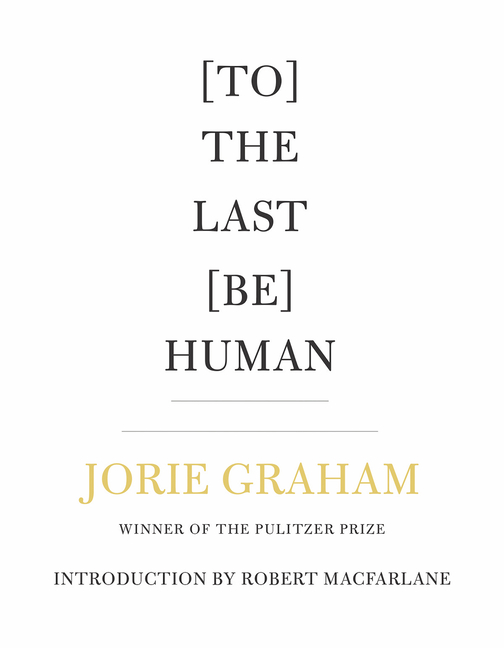Four of Jorie Graham’s most recent collections have been brought together here and their importance goes beyond the literary ... She is best read aloud – no more than two or three poems at a time. Too much can swiftly become too much ... She is weather vane, sentinel, about-to-be lost soul. What makes her work required reading is her readiness to go where angels fear to write, to do the terrifying work of visualising the future. The form of several poems adheres to a right-hand margin, which contributes counter-intuitive discomfort, a reminder of the limits of freedom – no hard shoulder upon which to pull up ... There is no such thing, in this poetry, as an untainted present. The flow, at times, reminds you of Virginia Woolf’s The Waves, although more diluvial, and the preoccupation with time of TS Eliot’s Four Quartets – minus the consoling decorum. Every poem is an attempt at orientation – sometimes within a disorienting void. However considered Graham’s revisions, the sense is of being in the moment with her – intimacy the closest thing to consolation ... Strange to say, the moving poems about the death of her parents bring relief because they describe a recognisable world ... At 72, Jorie Graham is writing for her life – and ours.
Read Full Review >>

